Epoxy Garage Floor Installers
Fill in your details below - we'll reach out to schedule a free quote!
We will get back to you as soon as possible
Please try again later
Local Epoxy Garage Floor Installers
Looking for a epoxy garage floor installer in your local area?
Look no further than JD Flooring!
We have a team of experienced and certified installers who can help you get the job done quickly and efficiently.
We also offer a wide range of epoxy flooring products to choose from, so you can find the perfect option for your needs.
You can be confident that you're making the best decision for your home or business.
Contact us today to learn more!
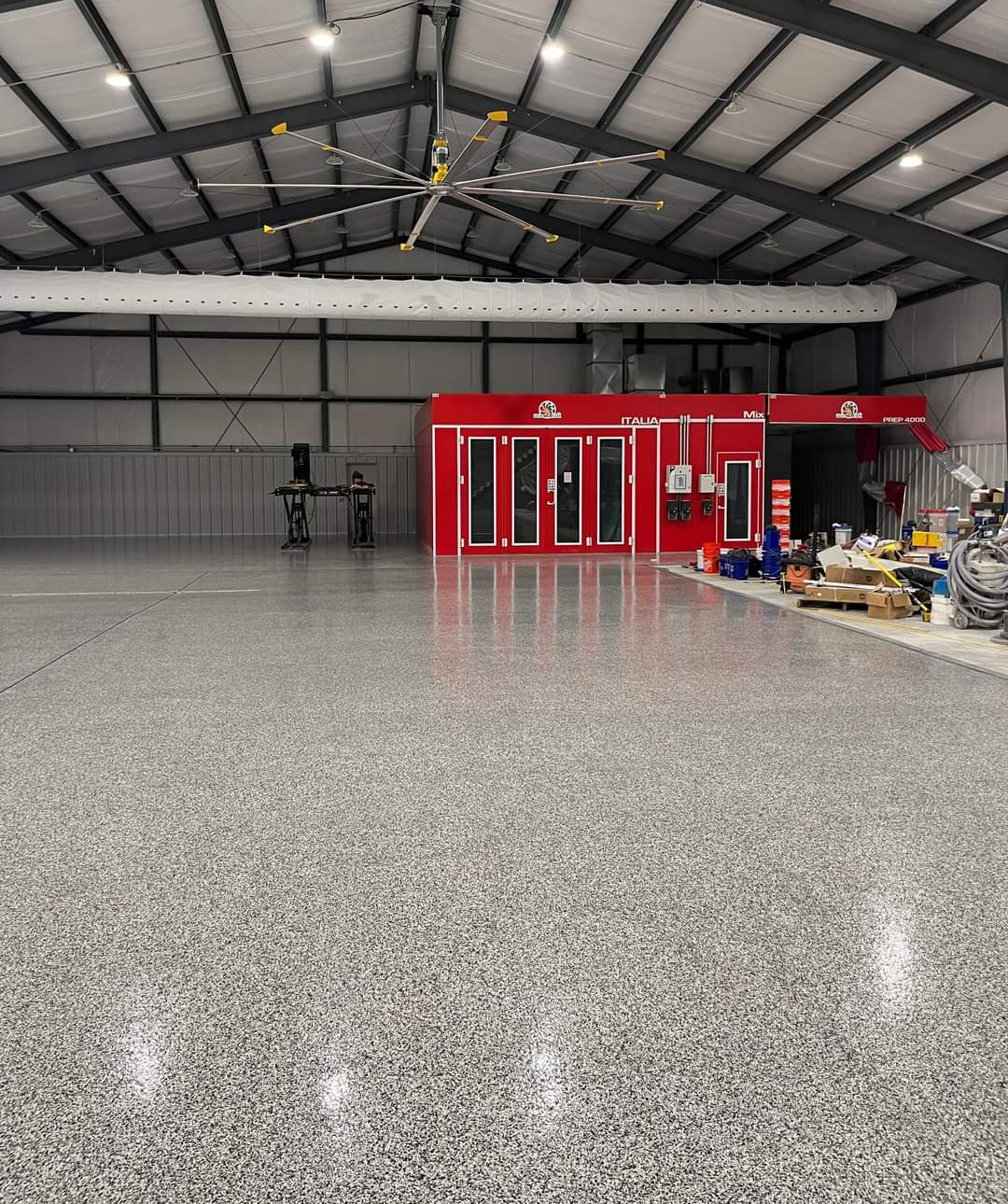
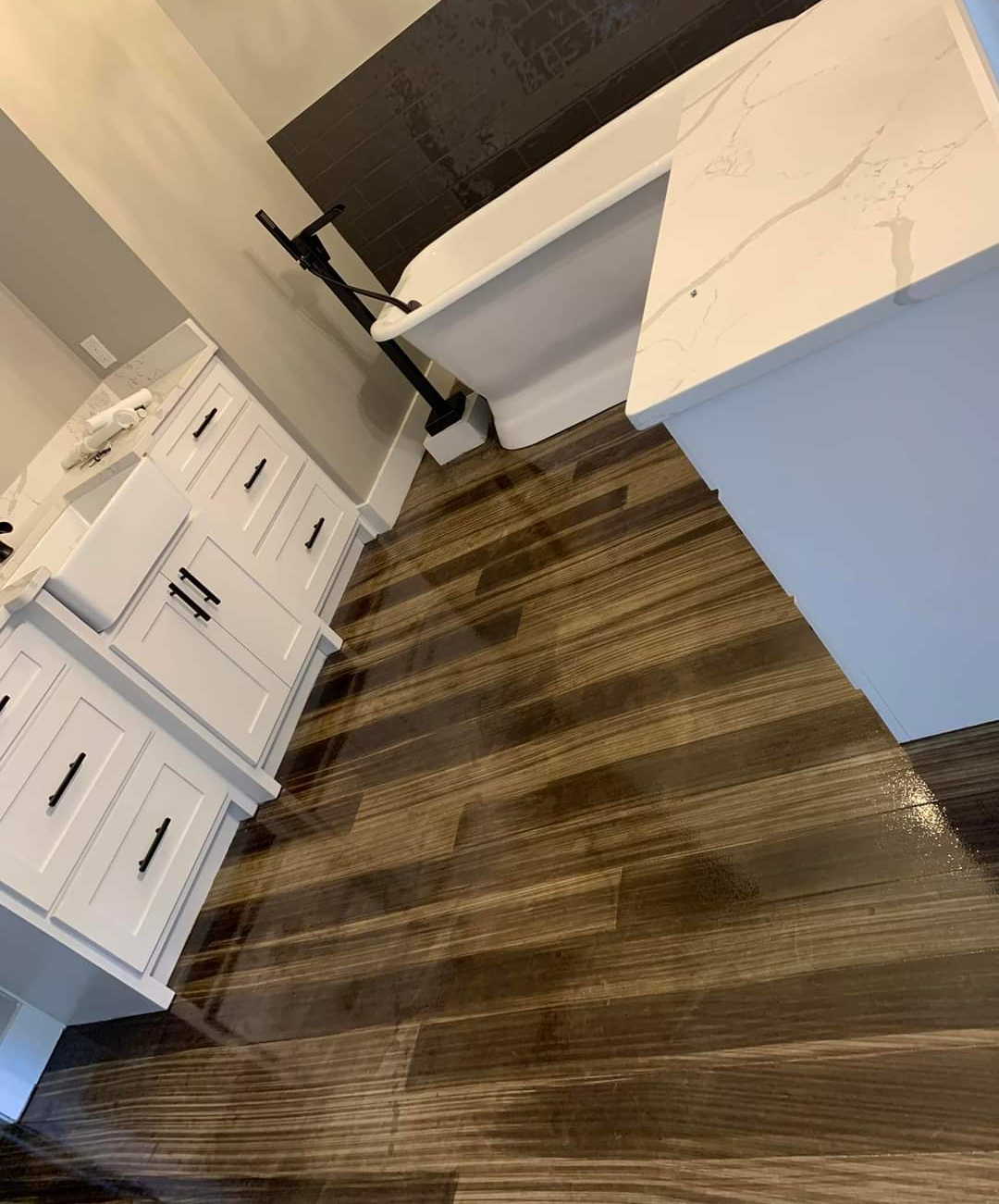
Epoxy Garage Floor Installation Company
JD Flooring is a specialized epoxy garage floor installation company.
We have been in business for years and have installed epoxy garage floors for both residential and commercial customers.
Our epoxy garage floors are durable and easy to maintain, and they will give your garage a clean, professional look.
If you are interested in having an epoxy garage floor installed, please contact us for a free consultation.
We would be happy to discuss your needs and provide you with a proposal.
Epoxy Garage Floor Installation Contractors
JD Flooring is made up of epoxy garage floor installation contractors.
The team of contractors is experienced in mixing and applying epoxy, and they use high-quality materials to ensure a professional finish.
In addition to protecting your garage floor from wear and tear, epoxy can also give it a polished look that will make it easier to clean.
Whether you're looking to protect your investment or simply want to improve the appearance of your garage, JD Flooring can provide you with the perfect solution.
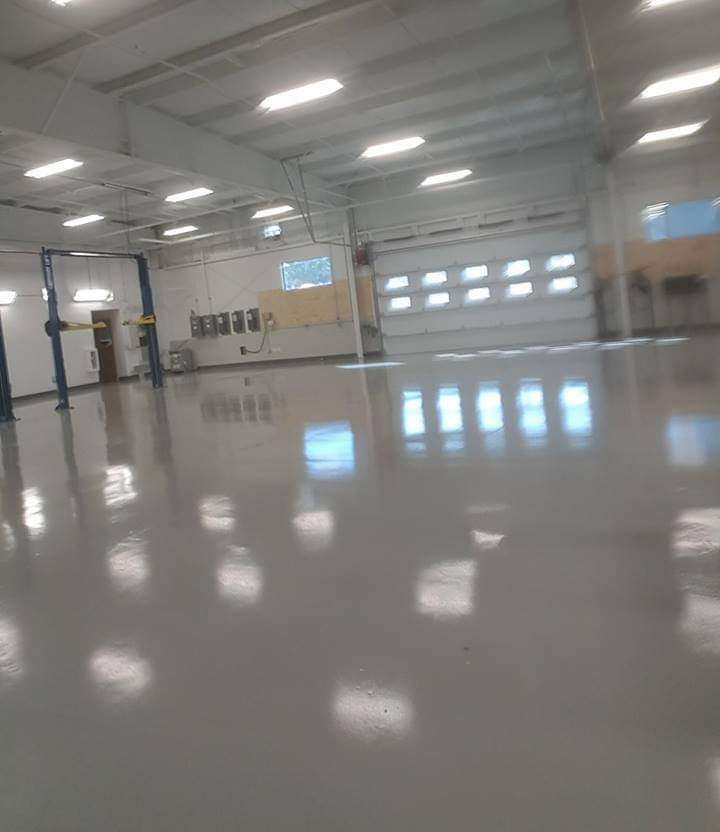
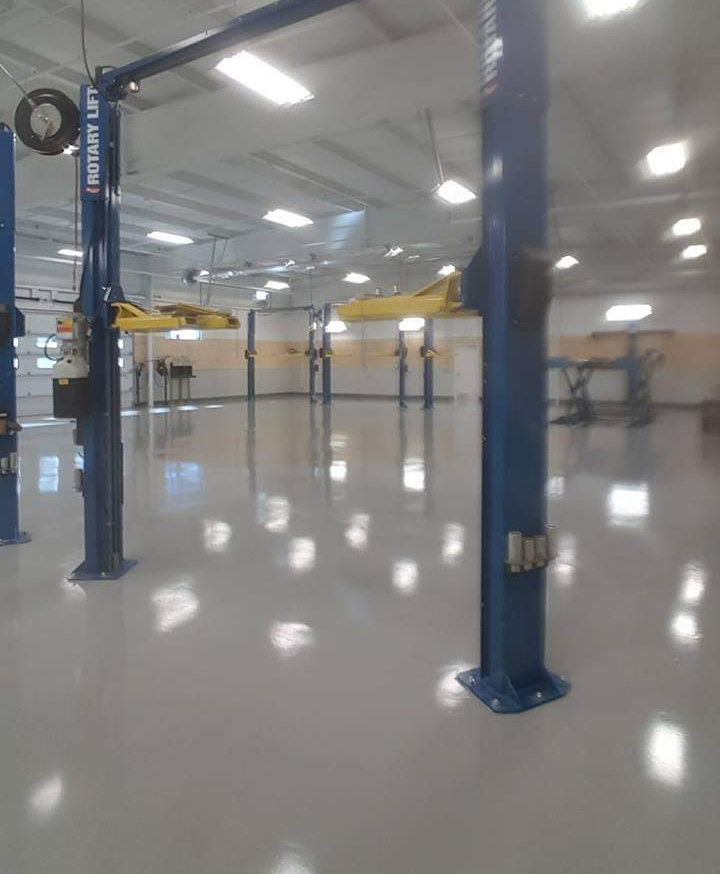
What is an Epoxy Garage Floor?
Epoxy is a two-part resin that hardens to form a durable, glossy coating.
It can be applied in a variety of colors and patterns, and it is easy to clean and maintain.
Additionally, epoxy floors are slip-resistant and can withstand heavy traffic.
Applying an epoxy coating to a garage floor is a relatively simple process, but it is important to follow the instructions carefully and allow adequate time for the epoxy to cure.
With proper care, an epoxy-coated garage floor will provide years of beauty and protection.
Epoxy Garage Floor Installation Process
The installation of epoxy garage floors can add significant functionality and value to your garage and home.
There's a specific and detailed process we follow in the installation of your epoxy garage floor.
We'll go over it in some detail in this section.
Prepping the Concrete
The first step is to clean the surface thoroughly, removing all dirt, grease, and oil.
Once the surface is clean, any cracks or chips should be repaired.
The next step is to etch the concrete, which will help the epoxy to adhere more effectively.
Finally, the floor should be rinsed and allowed to dry completely before the epoxy is applied.
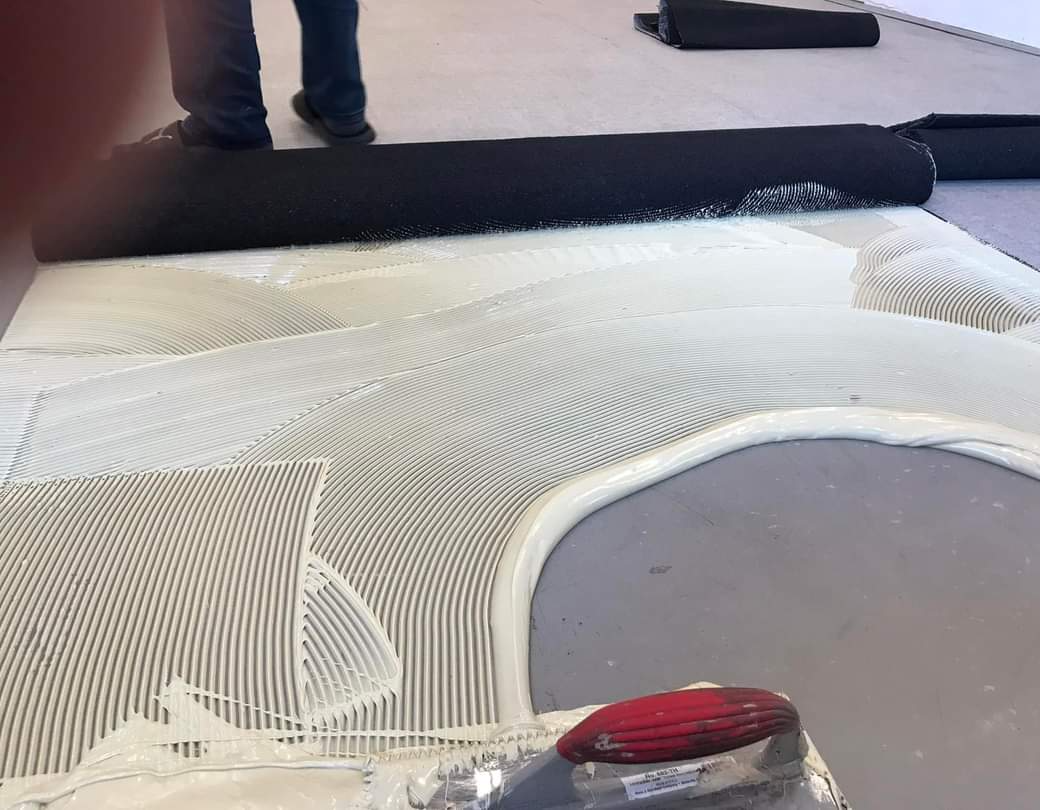
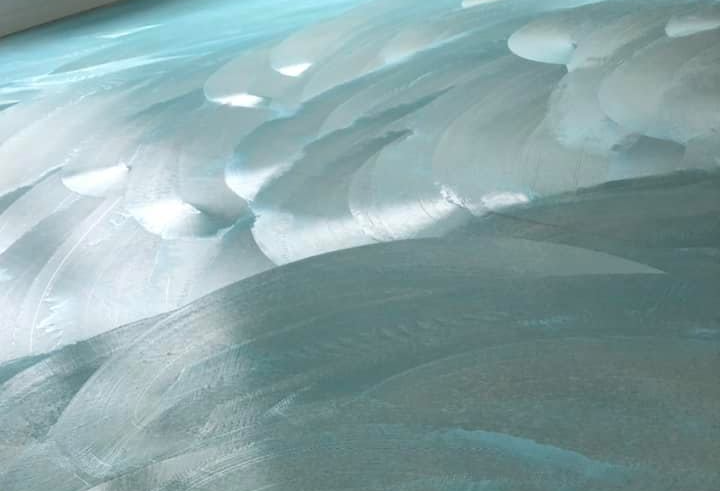
Primer Application
The next step is to apply a primer to the floor. Primer helps to ensure that the epoxy coating will adhere properly to the surface.
When we're applying primer, we take care to ensure that it's applied evenly and that there are no missed areas.
Once the primer has been applied, the epoxy can be mixed and then applied to the floor.
Mixing the Epoxy
The third step in the epoxy garage floor installation process is to mix the epoxy according to manufacturer specifications.
This usually involves mixing two parts of the epoxy resin together and then adding a hardener.
The hardener is what causes the epoxy to cure or harden.
Once mixed, the epoxy will have a limited working time, so it is important to move quickly to the next step.
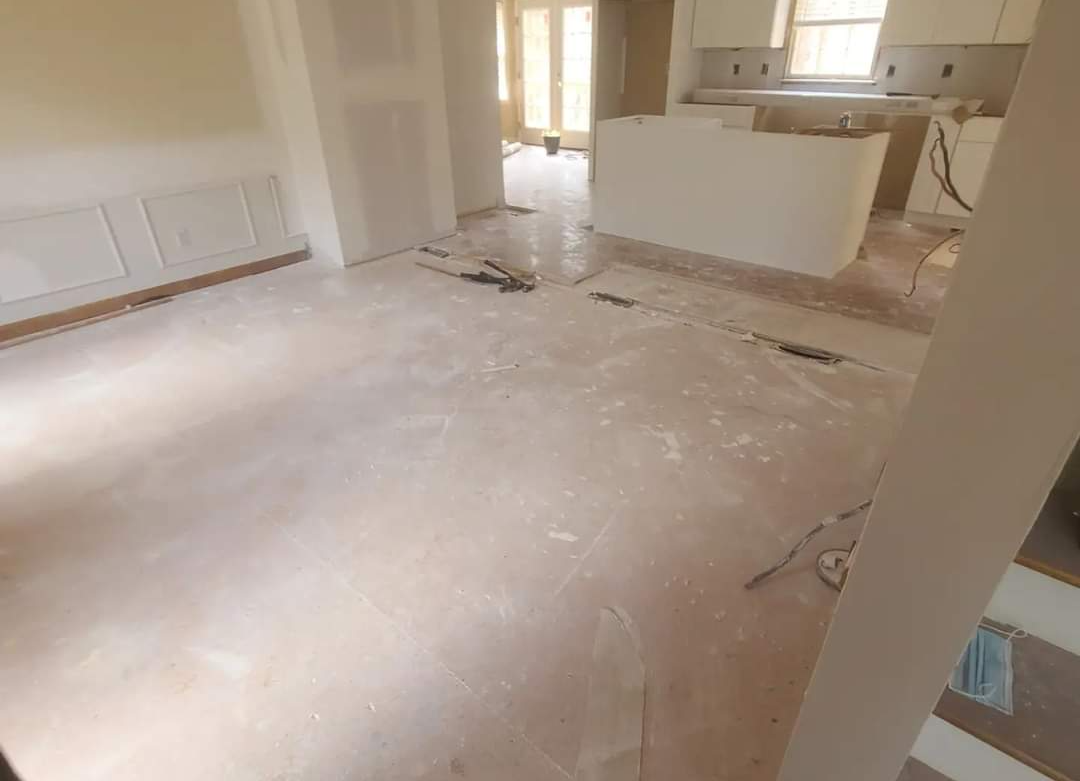
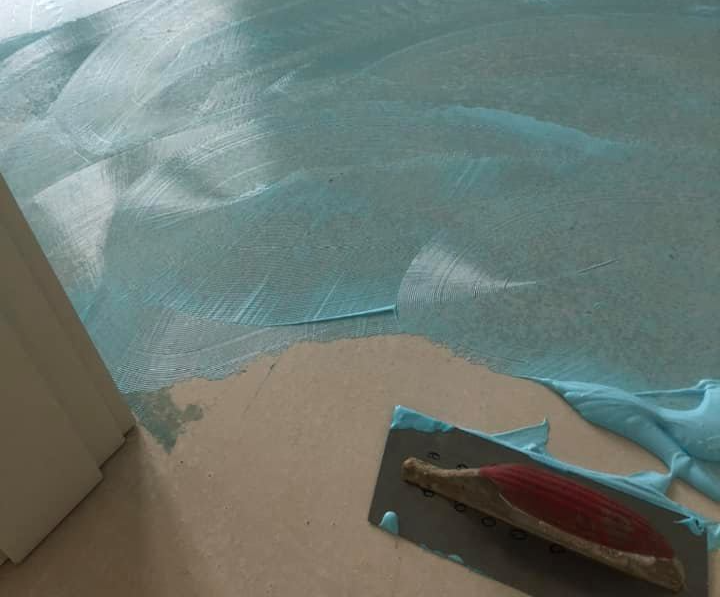
Applying the Epoxy
The fourth step in the epoxy garage floor installation process is to apply the epoxy to the prepared floor.
Once mixed, it will only have a working time of about two hours, so it is important to work quickly and efficiently.
The epoxy should be applied with a roller or brush, working in small sections and making sure to evenly cover the entire floor.
Once the epoxy has been applied, it will need to cure for 24 hours before any additional coats can be applied.
Sealing the Epoxy Floor
The final step in the epoxy flooring process is to apply a top coat of sealer.
This will help to protect the floor from wear and tear, and it will also give it a high-gloss finish.
There are two main types of sealers that can be used on epoxy floors: polyurethane and acrylic.
Polyurethane sealers are more durable and provide better protection against stains and scratches. However, they can also yellow over time.
Acrylic sealers, on the other hand, are less durable but will not yellow.
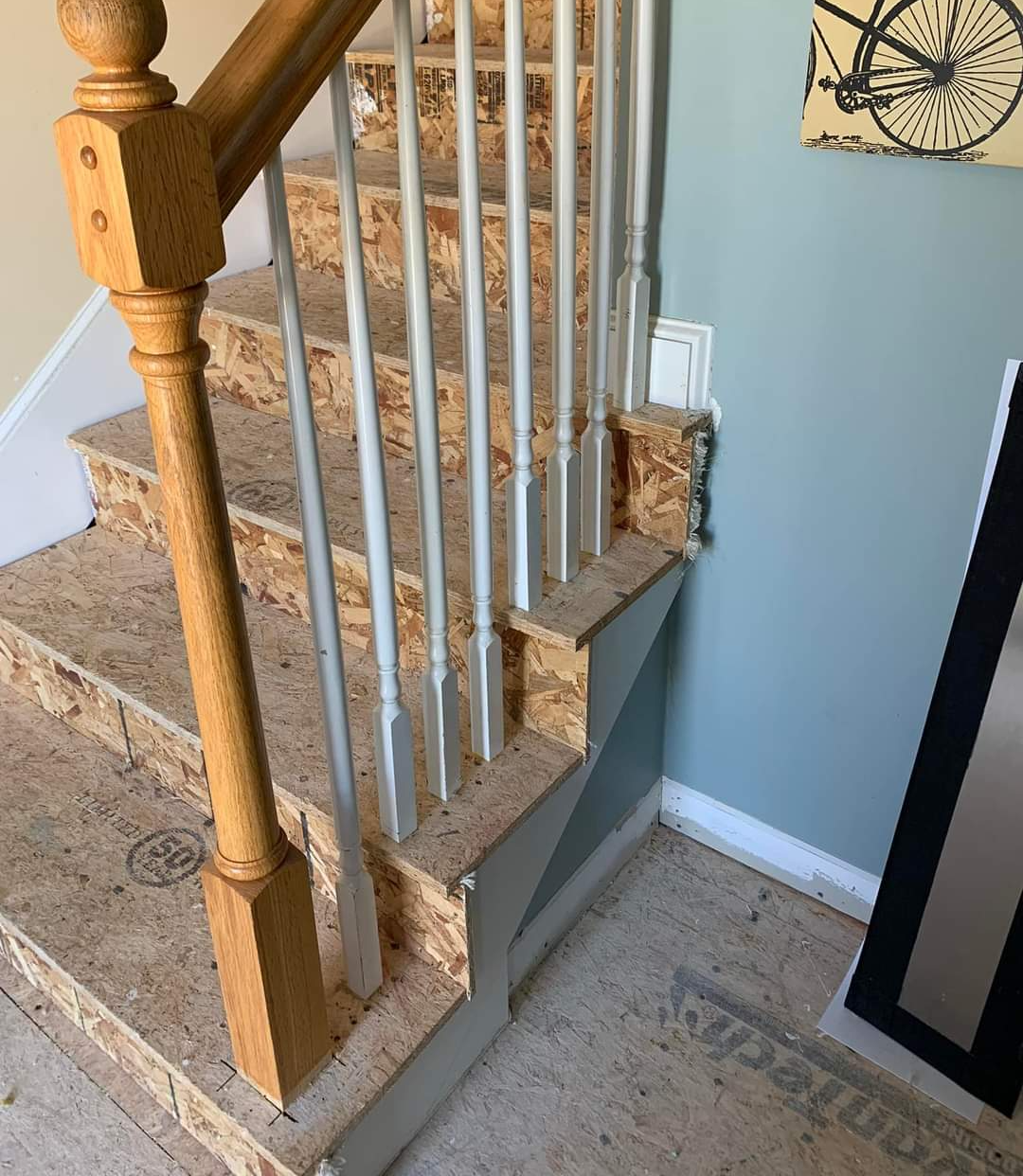
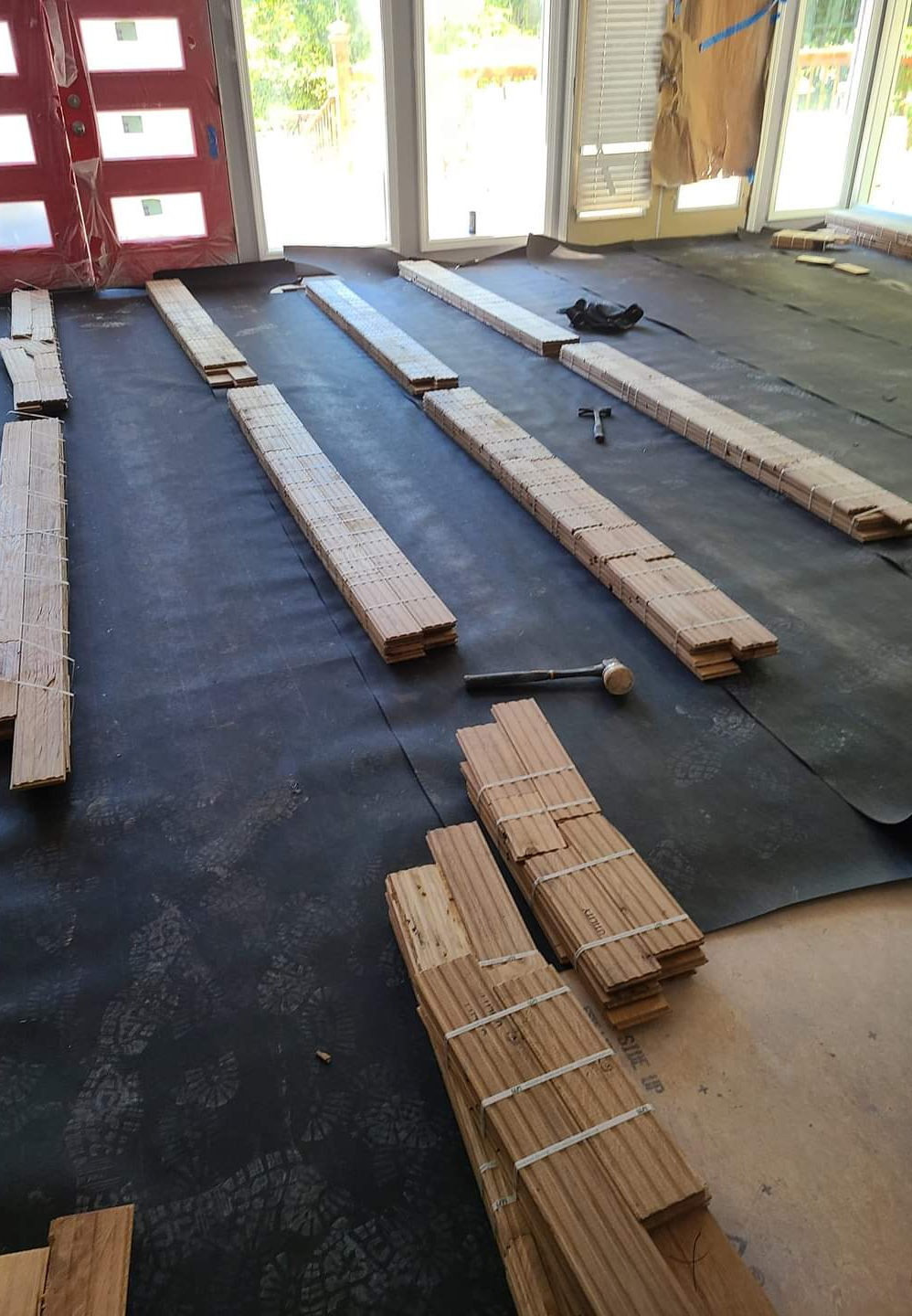
How to Maintain Epoxy Garage Floors
Even the most durable flooring needs some care and attention to keep it looking its best.
Here are some tips for maintaining your epoxy garage floor:
- Sweep or vacuum regularly to remove dirt, dust, and debris. You can also use a damp mop to gently clean the floor.
- If you notice any stains or spills, clean them up right away. Use a mild cleaning solution and a soft cloth or sponge to avoid damaging the floor.
- To protect the floor from scratches, place mats at all entry points and use furniture pads under heavy objects.
- In addition, be sure to inspect the floor regularly for signs of wear or damage. If you see any cracks, chips, or other damage, contact a professional for repairs.
By following these simple tips, you can keep your epoxy garage floor looking like new for years to come.
How Much Does Epoxy Garage Floor Installation Cost?
The cost of epoxy garage floor installation can vary depending on a number of factors.
The size of the area to be covered is one of the most important factors, as larger floors will require more material and labor.
The condition of the existing floor can also affect the cost, as damaged or uneven floors may need to be repaired before the epoxy can be applied.
In addition, the chosen color and finish can also affect the price, as some finishes are more complex to create than others.
As a result, there are a number of variables that can affect the cost of epoxy garage floor installation.
By considering all of these factors, you can get a better idea of what to expect when it comes to pricing.
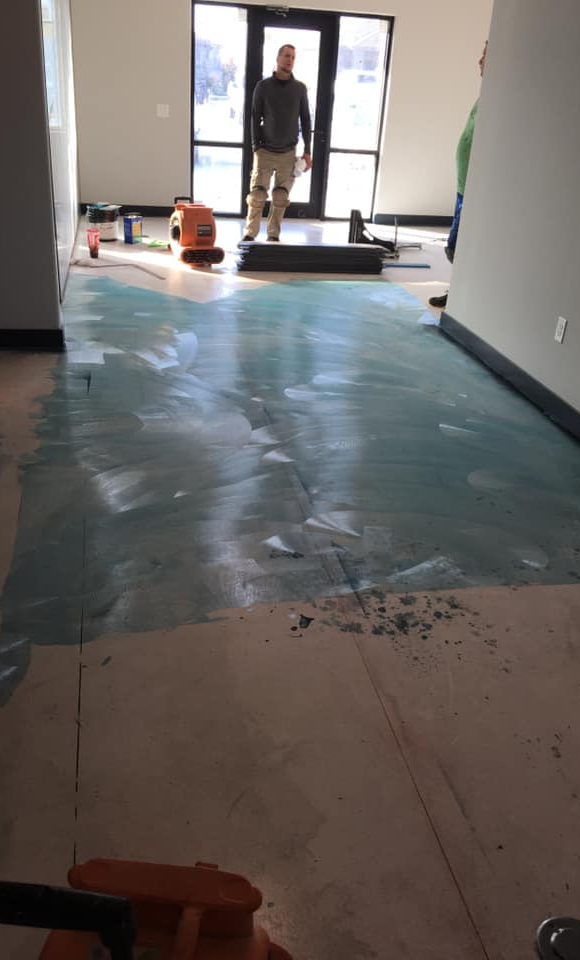
Epoxy Garage Floor Installation FAQs
How long does epoxy flooring last in garage?
The answer depends on a variety of factors, including the quality of the epoxy and the amount of traffic the floor receives.
In general, epoxy flooring can last for many years if it is properly cared for. However, it is not unusual for an epoxy floor to start showing signs of wear after just a few years.
The best way to prolong the life of an epoxy floor is to regularly sweep and mop it, and to avoid using harsh chemicals or abrasives.
With proper care, an epoxy floor can provide years of trouble-free service.
Is polished concrete more durable than epoxy?
When it comes to durability, both polished concrete and epoxy flooring have a lot to offer. However, there are some key differences between the two materials that may make one more suited to your needs than the other.
For starters, polished concrete is a much more natural material, which means that it is less likely to suffer from wear and tear over time.
Epoxy, on the other hand, is a synthetic material that is more susceptible to damage from chemicals and UV light. In terms of scratch resistance, polished concrete is again the more durable option, as it is less likely to be scratched or gouged by heavy objects.
Finally, polished concrete is also more resistant to staining, making it the ideal choice for areas that are exposed to spills and other sources of dirt and grime.
Is epoxy easier to clean than concrete?
If you're looking for an easy-to-clean surface, epoxy is a great option. Unlike concrete, which can be difficult to clean and is often stained by dirt and grime, epoxy is smooth and nonporous. This means that it won't absorb spills or collect dirt and dust like concrete can.
Epoxy is also more resistant to staining than concrete, so it will stay looking clean for longer. When it comes time to clean your epoxy floor, all you need is a mild soap and water.
You can also use a power washer on your epoxy floor without damaging the surface. In comparison, cleaning concrete can be a real chore. It's often necessary to use harsh chemicals and vigorous scrubbing to remove stains from concrete.
And if you're not careful, you can easily damage the surface of concrete with a power washer. So if you're looking for a low-maintenance flooring option, epoxy is the way to go.
What are the disadvantages of epoxy flooring?
One of the main drawbacks is that epoxy floors are not very forgiving. If there is any damage to the floor, it can be difficult and expensive to repair.
Epoxy floors are also slick when wet, which can be a safety hazard. In addition, epoxy floors can be cold and hard on the feet, and they may not be suitable for rooms that require a lot of standing or walking.
Is epoxy floor coating durable?
Once it cures, it forms a hard, protective layer that is resistant to scratches, scuffs, and stains. Epoxy floor coating can be used in both residential and commercial settings, and it is often used in garages, workshops, and industrial warehouses.
While epoxy floor coating is tough and long-lasting, it is not indestructible. Over time, it may begin to show signs of wear and tear, such as chips or cracks.
Do epoxy floors scratch easily?
Epoxy floors are one of the most durable types of flooring on the market, and they are often used in high-traffic areas such as businesses and schools. While epoxy floors are resistant to scratches, they are not immune to them.
In general, epoxy floors can withstand light scratching from things like furniture and shoes. However, if something heavy is dragged across the floor or something sharp is dropped, it is likely to leave a mark.
Reach Out For a Free Quote
Send us a message using the form below, and we’ll get back to you as soon as we can.
We will get back to you as soon as possible
Please try again later
Copyright © 2015-2022 JD Flooring Installers | All rights reserved
Contractor Website by Curated Leads
